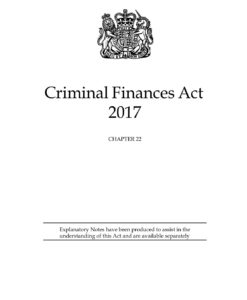Regulatory and crime solicitor Martin Hadley recently represented a pharmacist before the Fitness to Practice Committee. His client faced allegations of dishonesty as well as breaches of the Responsible Pharmacist & Controlled Drug Regulations.
A lack of early expert advice
In this case the Local Health Board acted upon issues raised by a “whistleblower”. Once the issues had been raised by the Board, our client’s then employer pursued a further investigation.
What was clearly a lengthy and often fraught disciplinary investigation then followed. Unfortunately, rather than seek specialist legal advice, our client relied on guidance from informal advisers. This remained the position throughout this stage of the process.
As a result our client had no idea that the evidence from this disciplinary investigation could and would be used in proceedings before the General Pharmaceutical Council and the fitness to practice committee.
Late instructions
Our client came to us very late in the process. The case had already been heard by the Investigating Committee of the General Pharmaceutical. A decision had already been made that there was evidence against the pharmacist upon which a decision could be made that fitness to practice as a pharmacist was impaired.
By the time Martin received instructions the evidence in the case was substantial. The bundle of paperwork provided by the General Pharmaceutical Council was significant. The page count was well over 500, comprising statements and exhibits.
Martin took our client’s full instructions. This allowed us to make representations to the Council’s solicitors regarding the strength of their evidence on the dishonesty matters. They agreed with Martin and the allegations were amended to remove certain aspects of the dishonesty .
As part of our preparation Martin produced a bundle of documents to go before the fitness to practice committee for consideration. This not only included documents in support of his client’s case but also admissions to be made by both parties as part of the hearing.
The fitness to practice hearing
At the hearing the General Pharmaceutical Council solicitors called two witnesses in support of their case. Martin cross-examined them. The questioning led the members of the Committee to agreeing that there was no case to answer in respect of one of the dishonesty allegations.
Once Martin’s client had given evidence the Committee announced that the Council had failed to prove the remaining matter of dishonesty.
A decision still had to be made as to whether Martin’s client was impaired in relation to practicing. Martin made detailed representations based following his client’s evidence. Taking these into account the Fitness to Practice Committee decided that our client was not currently impaired and was free to continue to practice
Contact Crime and Regulatory Solicitor Martin Hadley

Earlier advice and representation by an expert regulatory solicitor may well have made the entire process less fraught for our client. We will always have an eye on the likely effect of an earlier investigation on later disciplinary procedures.
As a result, if you are notified that there is to be an investigation into any aspect of your practice please contact Martin immediately. He can be reached by phone on 0115 9599550 or by email here. Martin will be able to advise you wherever you are based in the country. This will ensure that you make the correct decisions early on in your case.














